In Europe, sperm from a man carrying a rare cancer-causing mutation was used to conceive at least 67 children, 10 of whom were diagnosed with cancer, according to the Guardian .
The case was discovered when two independent families contacted fertility clinics after receiving results that their children had cancer related to a rare gene variant.
The European Sperm Bank - which provided the sperm - confirmed the mutation, located in the TP53 gene, was present in some of the donated sperm samples.

At least 67 children in Europe have been born from sperm from a man carrying the cancer gene. Of those, 10 have been confirmed to have the disease. (Illustration: Unsplash).
At the time of donation (2008), this gene mutation had not been identified as cancer-causing by standard screening methods. The donor is currently in good health.
However, recently, analysis from the laboratory of Dr. Edwige Kasper - a biologist at Rouen University Hospital (France) - has concluded that this mutation is likely to cause Li-Fraumeni syndrome. This is one of the most serious genetic disorders, increasing the risk of cancer.
According to Dr. Kasper, the lab analyzed this gene mutation through population and patient databases, using computer prediction tools...
"Finally, we concluded that this gene mutation has the potential to cause cancer. Children born from this donor need genetic counseling," the expert shared.
After receiving information from the two families, many genetics and pediatric departments across Europe also traced their clients, conducting tests on 67 children from 46 families in 8 European countries.
The results showed that 23 children carried this gene mutation. Of these, 10 were diagnosed with cancer, including leukemia and non-Hodgkin lymphoma. Children with the risk gene are advised to have regular health monitoring.
The European Sperm Bank confirmed that more than 67 children have been born from this donor’s sperm. However, due to policy issues, the unit has not made public the total number of children born from the same donor. However, the bank has also notified the relevant clinics.
"We are deeply saddened by this incident," said European Sperm Bank representative Julie Paulli Budtz.
The donor was thoroughly screened, but " scientifically it's impossible to detect disease-causing mutations in a person's genome if you don't know specifically what you're looking for," Julie explains.
Currently, the bank limits one sperm donor to 75 families worldwide , but Julie said international dialogue was needed to reset that number.
Experts have long warned of the social and psychological risks of sperm from a donor being used to help families in different countries conceive.
"We need a limit at European level on the number of births or families that each sperm donor can help," Dr Edwige Kasper told the annual conference of the European Society of Human Genetics in Milan.
Professor Nicky Hudson, De Montfort University in Leicester (UK), said that the use of donated sperm for many recipients in many countries without appropriate limits could cause major consequences.
"Although similar cases are very rare, we need to limit the possibility of this situation repeating itself in the future by re-coordinating the sperm donation and reception process around the world," she shared.
Source: https://dantri.com.vn/suc-khoe/67-tre-sinh-ra-tu-tinh-trung-mang-gen-ung-thu-10-tre-mac-benh-20250524181011920.htm


![[Photo] General Secretary To Lam attends the Vietnam-UK High-Level Economic Conference](https://vphoto.vietnam.vn/thumb/1200x675/vietnam/resource/IMAGE/2025/10/30/1761825773922_anh-1-3371-jpg.webp)

![[Photo] Prime Minister Pham Minh Chinh attends the 5th National Press Awards Ceremony on preventing and combating corruption, waste and negativity](https://vphoto.vietnam.vn/thumb/1200x675/vietnam/resource/IMAGE/2025/10/31/1761881588160_dsc-8359-jpg.webp)

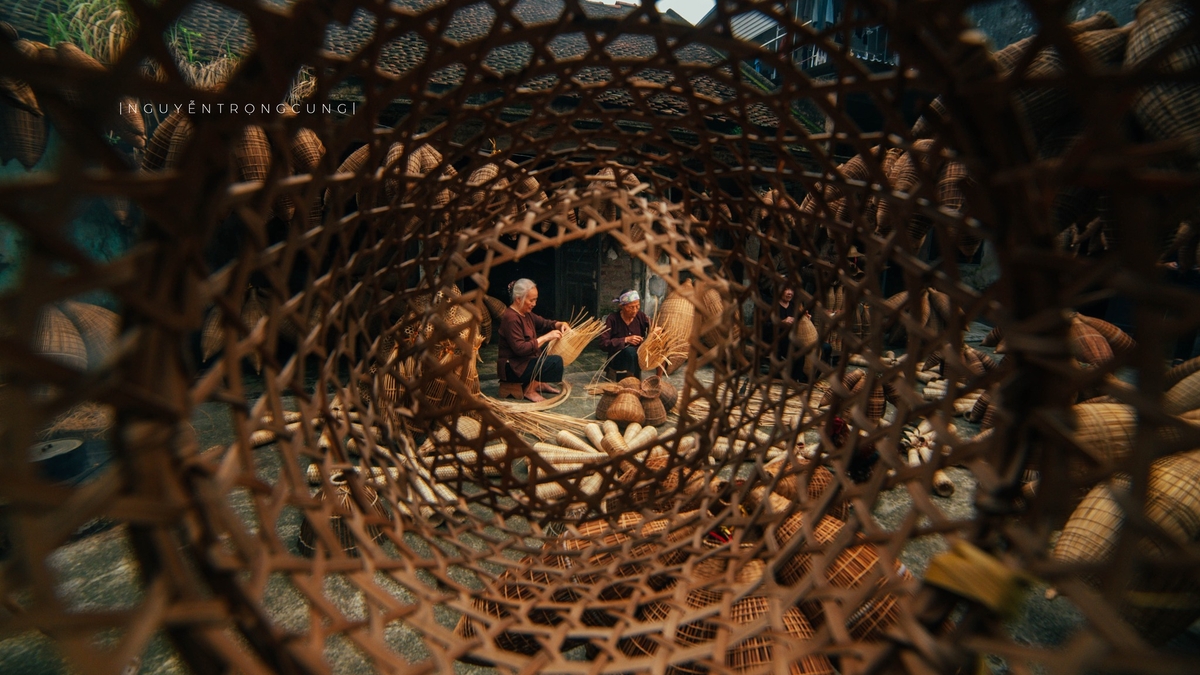
![[Photo] The Third Patriotic Emulation Congress of the Central Internal Affairs Commission](https://vphoto.vietnam.vn/thumb/1200x675/vietnam/resource/IMAGE/2025/10/30/1761831176178_dh-thi-dua-yeu-nuoc-5076-2710-jpg.webp)






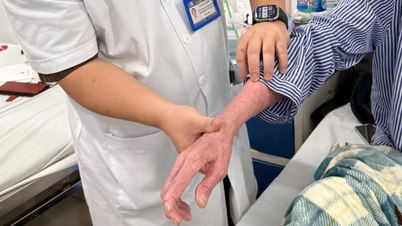






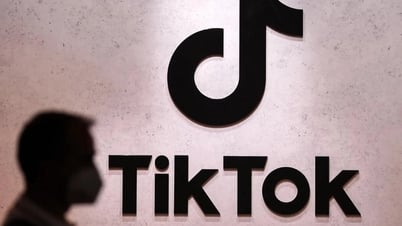

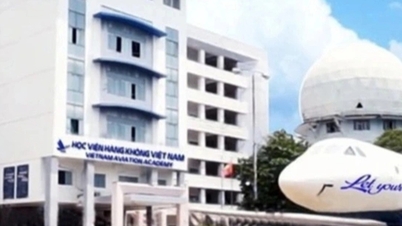
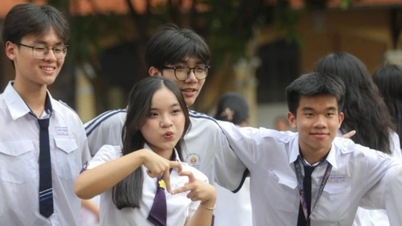









































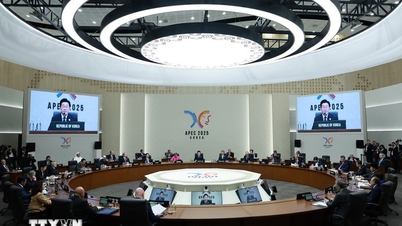

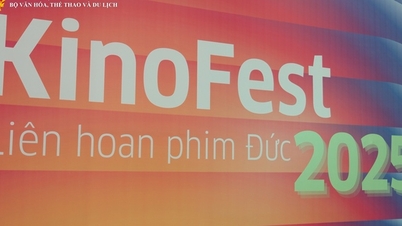


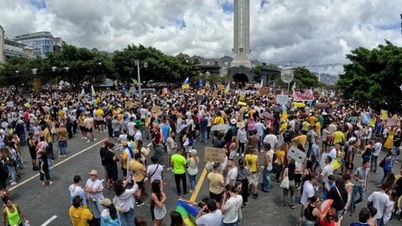
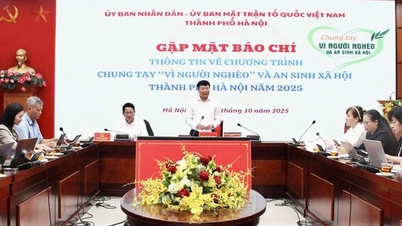





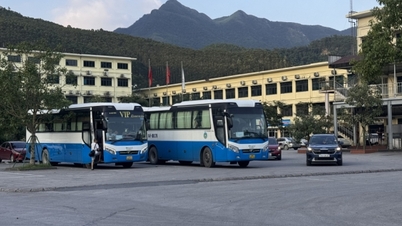
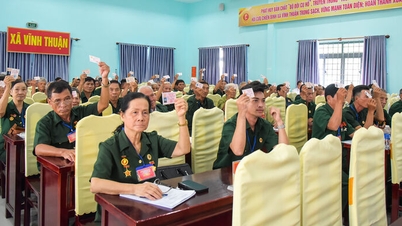

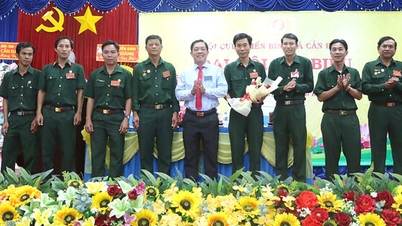















Comment (0)